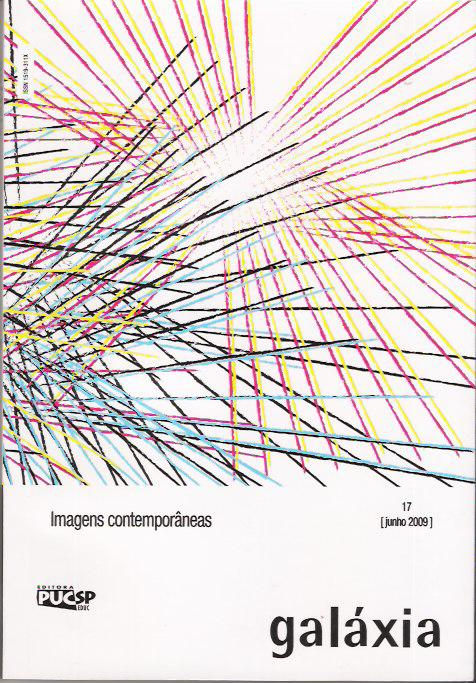Closed television in Brazil: identity and alienation
Abstract
Closed television in Brazil: identity and alienation — This article questions the explicative effectiveness of the idea of entertainment in today’s mediatic environment, particularly in Brazil’s cable TV programs. This idea of entertainment obfuscates formative processes of values, identities, quotidian experience, learning, and the standardization of lifestyles in the complex and dynamic structure of the diverse genres of current television productions that are watched by large audiences. Understanding these programs and their performative logic requires the appropriation of a sophisticated range of concepts that can clarify the terms of their structure and effectiveness among cable TV subscribers. The semantic, theoretical and explicative field in which cable TV was conceived has already been superseded since the Frankfurtian critique, French semiology, reception studies, and especially the sociology developed by cultural studies. The latter studies offer new ways of viewing this subject, which go beyond the theoretical field where the idea of entertainment was heretofore widely accepted.Downloads
Published
2009-09-03
How to Cite
Ribeiro, L. M. (2009). Closed television in Brazil: identity and alienation. Galaxia, (17). Retrieved from https://revistas.pucsp.br/index.php/galaxia/article/view/2092
Issue
Section
Dossiê | Dossier
License
I cede the copyrights to publication of my article to Galaxia journal and will consult the journal’s scientific editor should I decide to republish it later in a book.



 Este obra está licenciada com uma Licença
Este obra está licenciada com uma Licença 